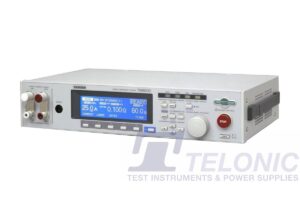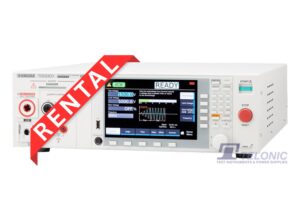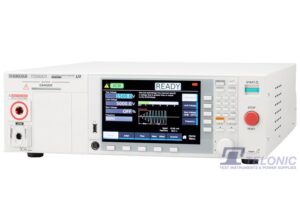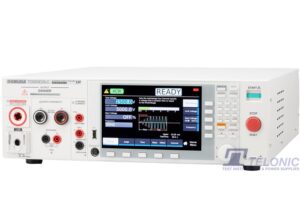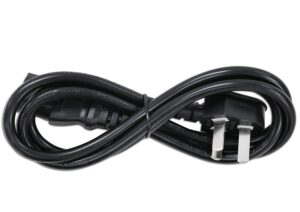Description
Microtest Impulse Winding Tester 7750-1S 200V~10000V
MICROTEST 7750-10S is a product in the 7550 Series. The 7750-10S is an advanced Impulse Winding Tester with a faster colour display screen. It provides pulse voltage outputs of 200V~10000V and utilizes high-speed sampling technology at 200MHz/9 bits. It offers various comparison modes such as total area, area difference, corona count, jitter count, second-order differentiation, and waveform comparison. With a testing speed of up to 10 times per second, it is ideal for high-speed production lines
For testing small components, the optional 7750-10S tester comes with the FX-IM0001 four-wire SMD component testing fixture. It features voltage compensation to minimize voltage errors caused by wiring and equivalent inductance, ensuring accurate quality control for products with small inductance
Features
- Lowest Inductance (≥20μH)
- High voltage calibration
- programmable impulse voltage
- 200MHz/9bit High Impulse Test Sampling Rate
- Total Area Comparison
- Differential Area Comparison
- Corona Comparison
- LAPLACIAN Comparison
- Voltage Compensation Function
- The meaning of the Corona, Flutter and Laplacian comparison:
Corona comparison counts corona occurrence to detect discharge.
Flutter comparison measures the total area of high-frequency waveform fluctuations to quantify waveform tremors.
Laplacian comparison sums the second derivative of the waveform (the rate of change of the voltage change rate) to determine how much the high-frequency wave is fluttering. - Is the HV output grounded?
Yes, the negative side of the output is grounded. - About the setup:
The goal of all comparison modes is to measure discharge in different ways. There is no shared standard. The settings are usually found by trial and error.
What I would recommend is to go through the following process:
- Finish the initial waveform learning and standard setting.
- Test at least 10-50 of the products that is on the production line and check the total yield of the batch.
- If the yield is too low, the standard is too strict. Lower the test voltage or the pass limit.
- If the yield is too high and you want stricter control, consider raising the pass limit or increasing the test level.
- Finish the initial waveform learning and standard setting.



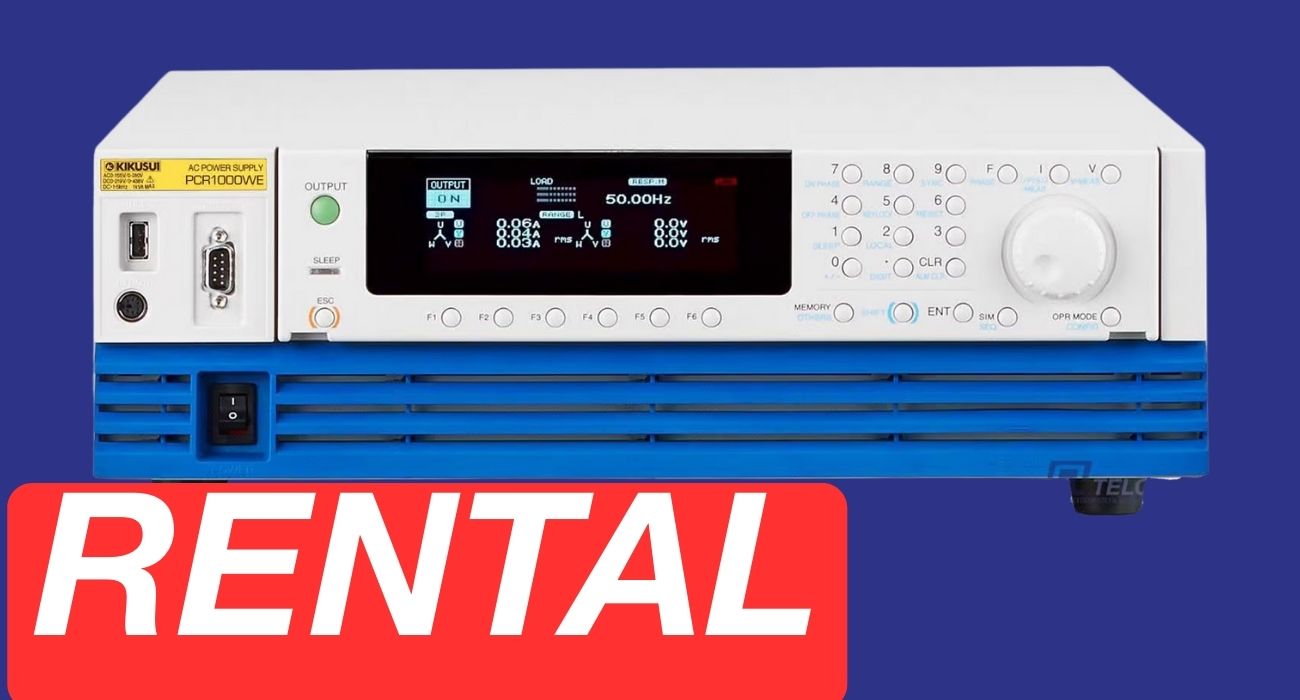







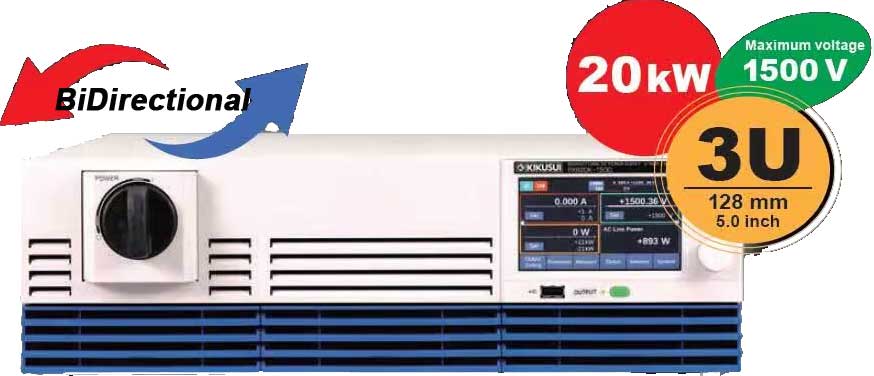





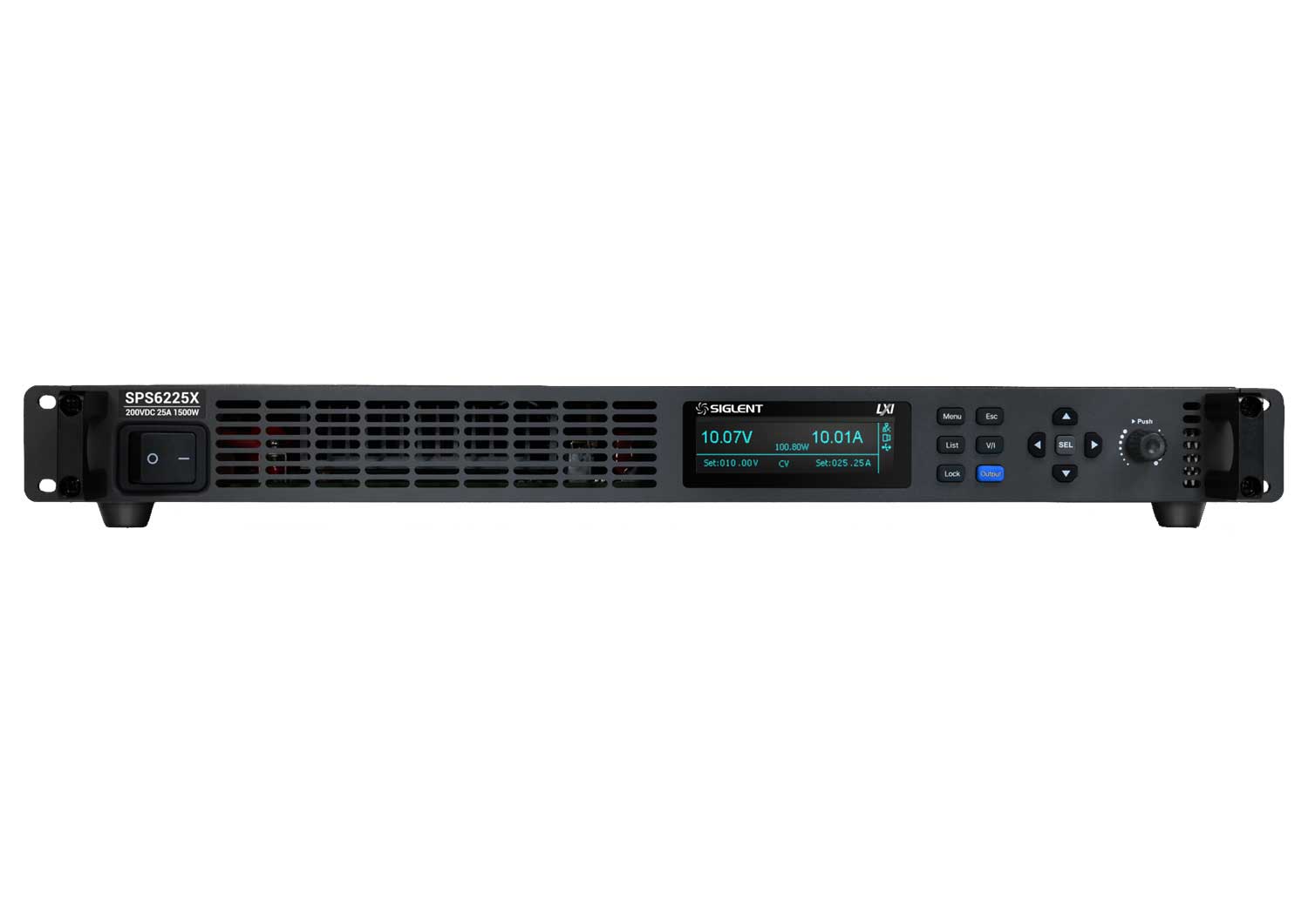

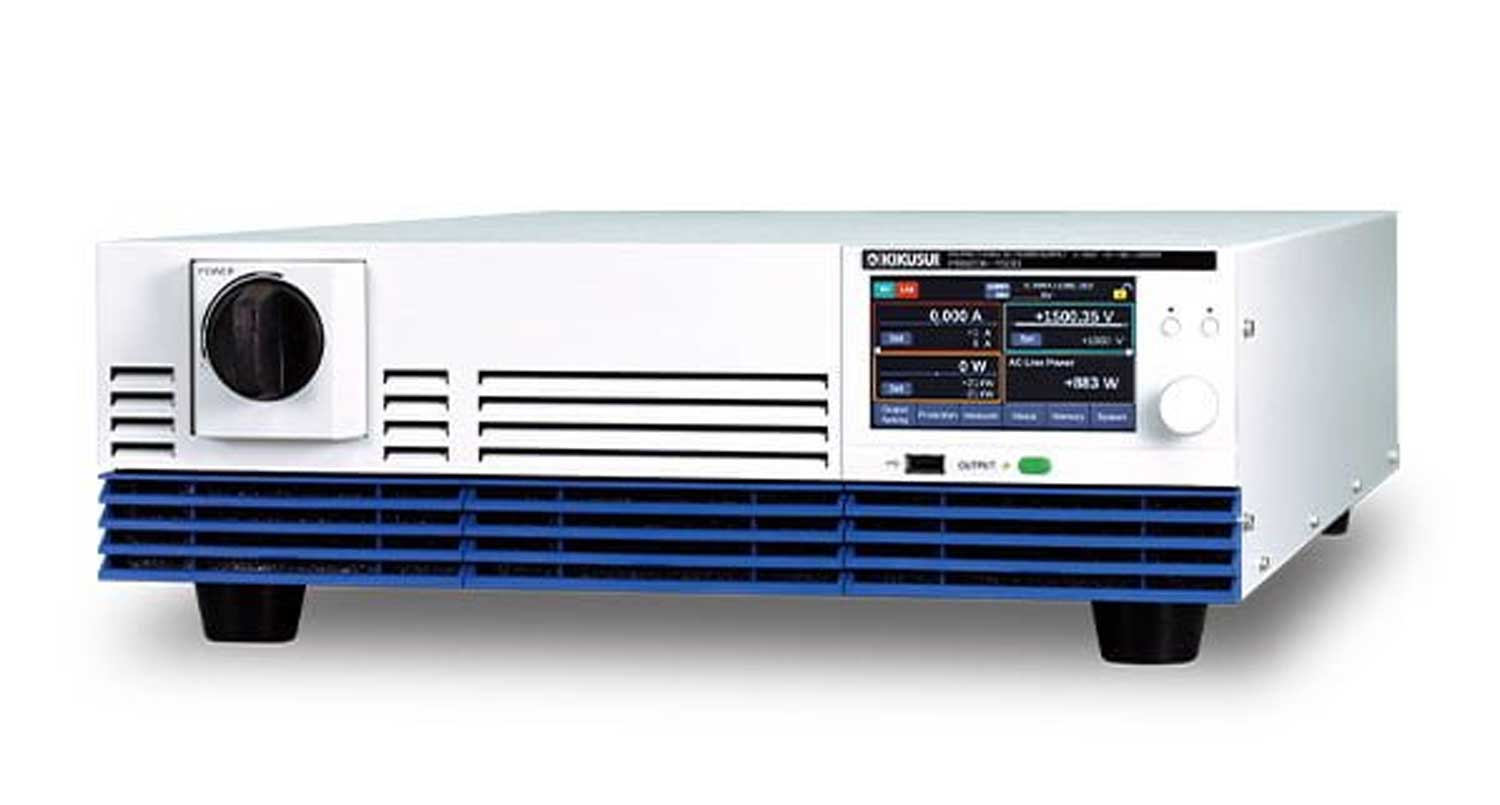






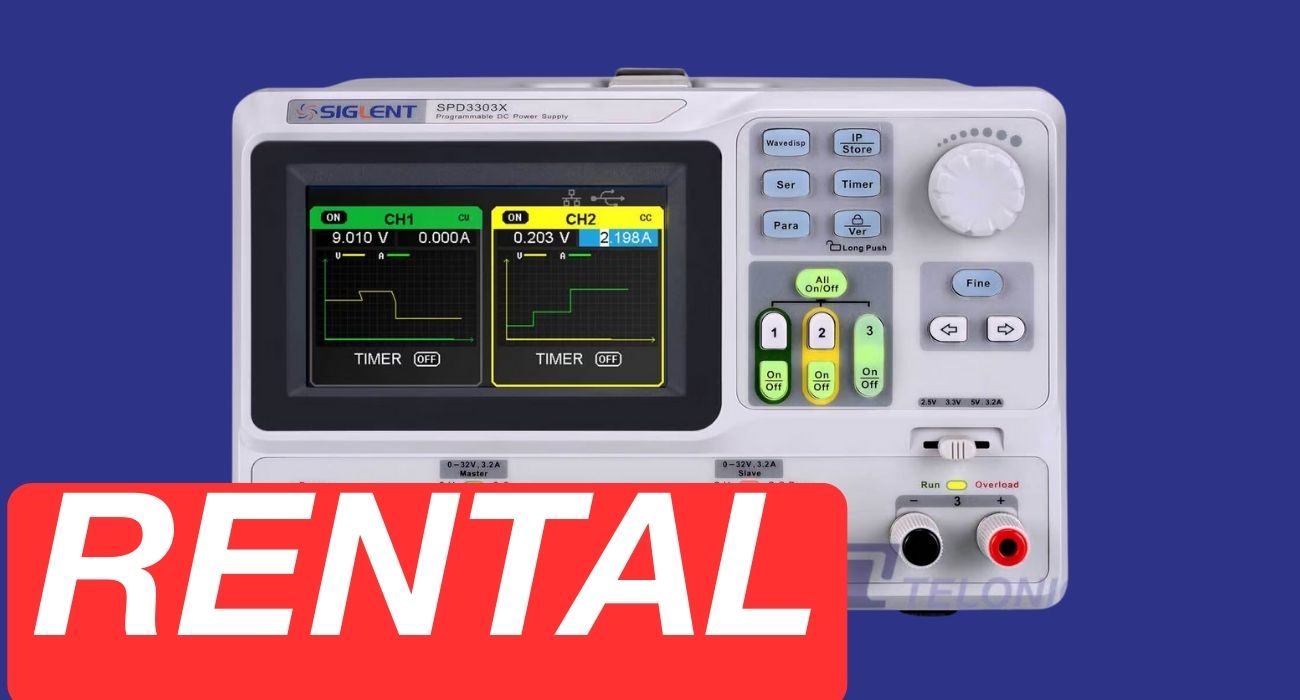








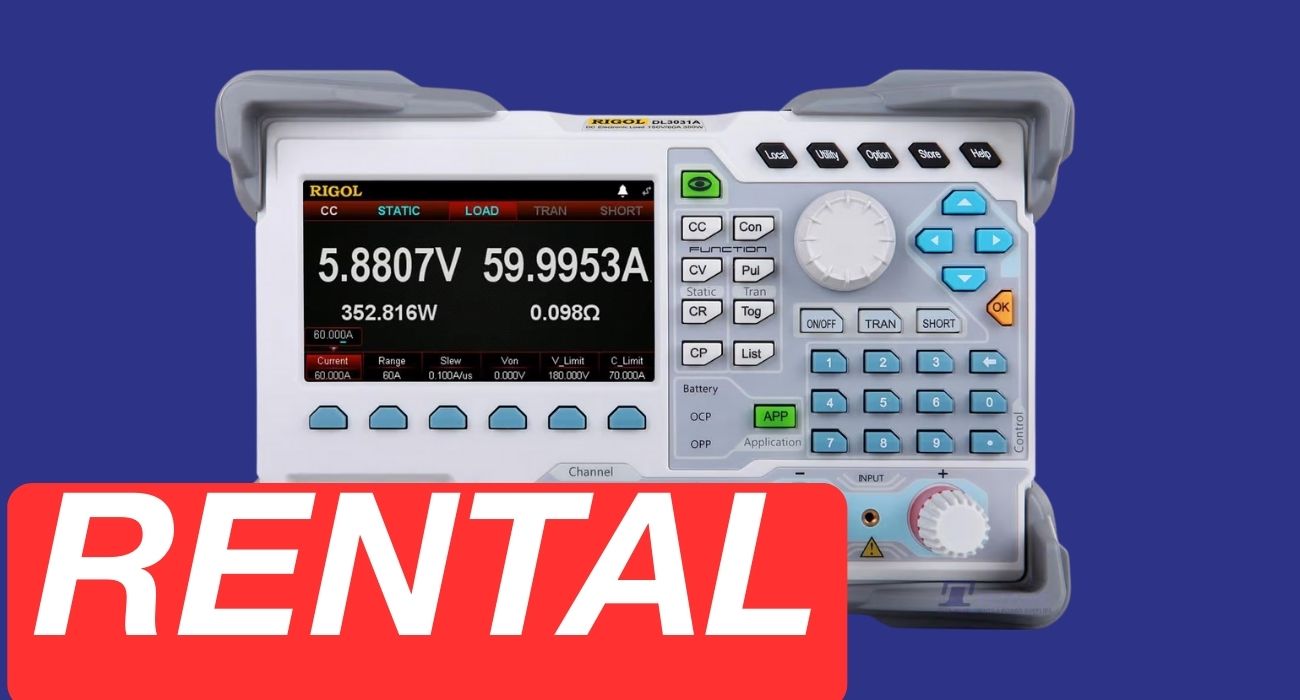


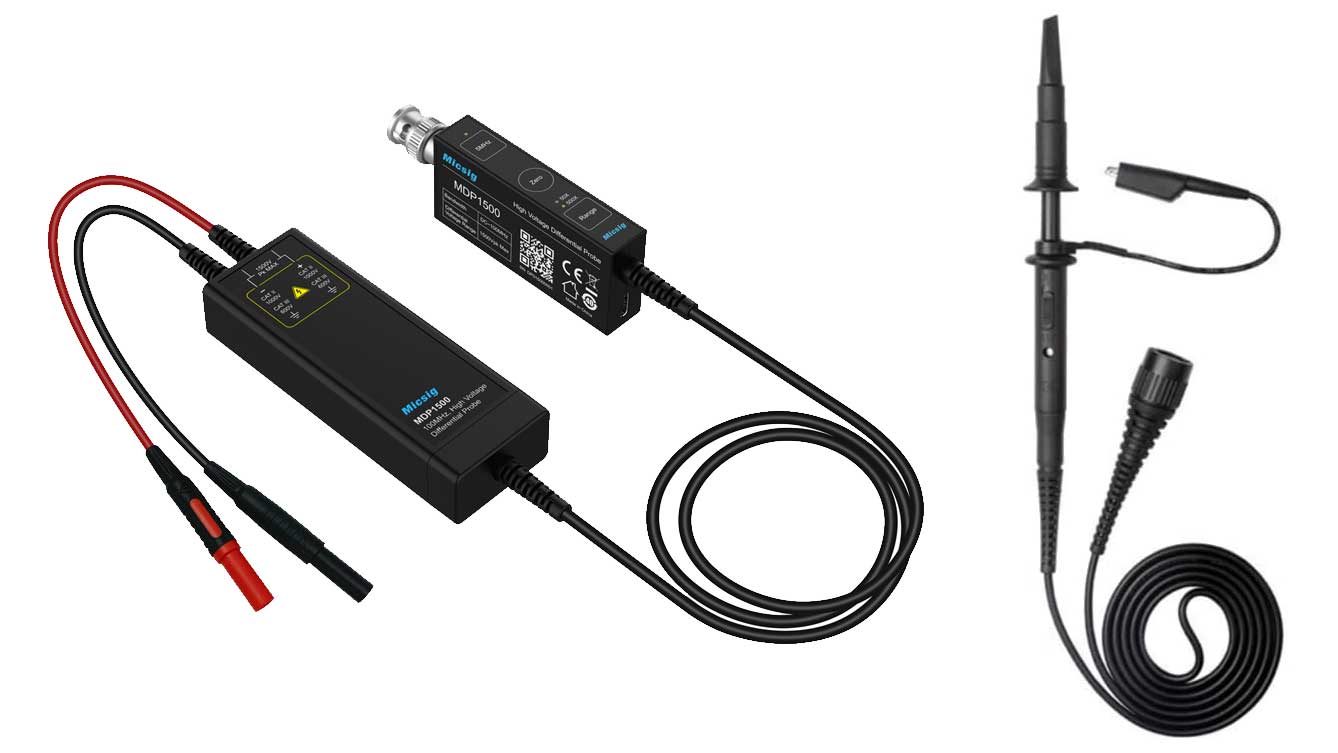









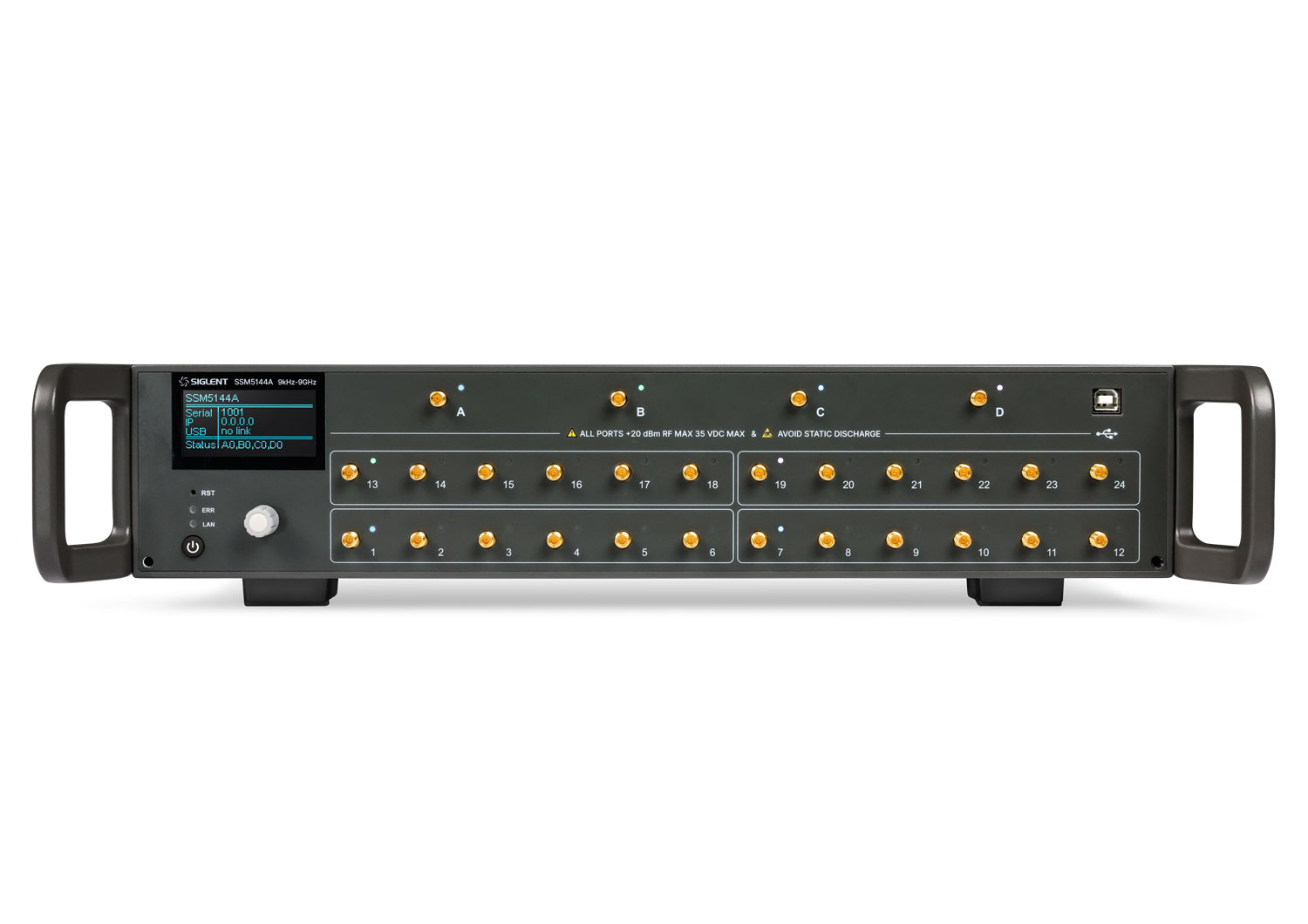








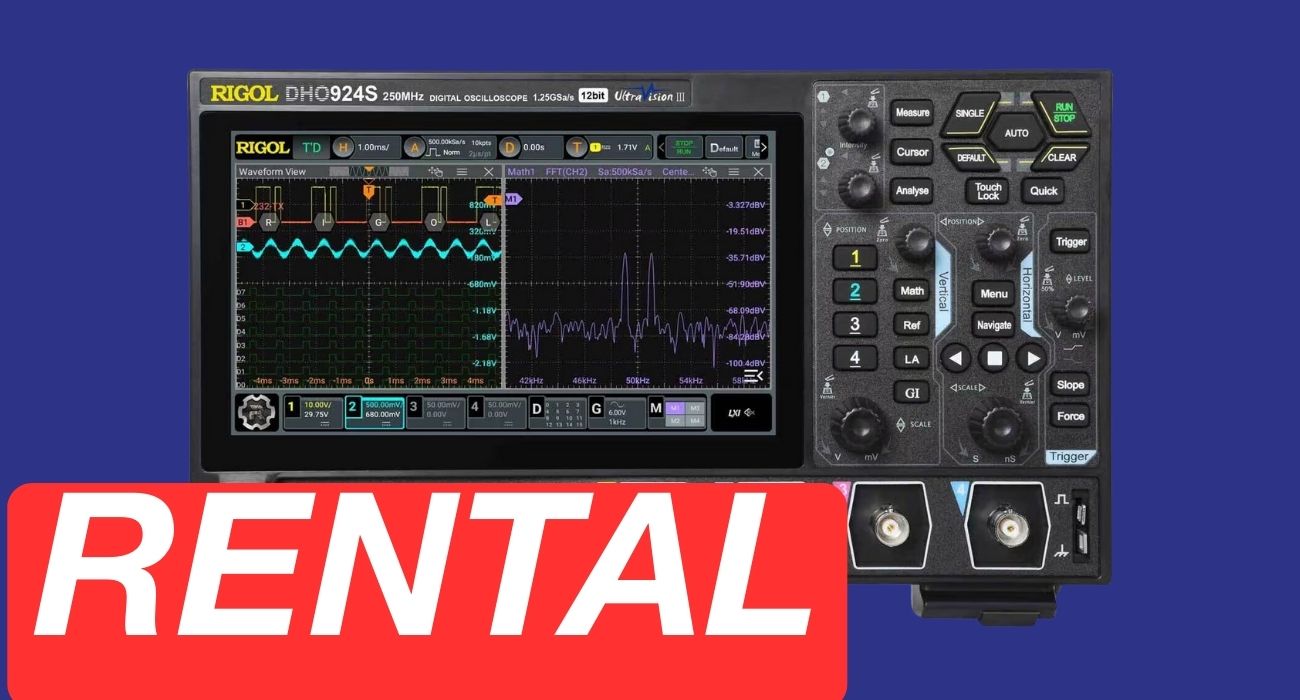


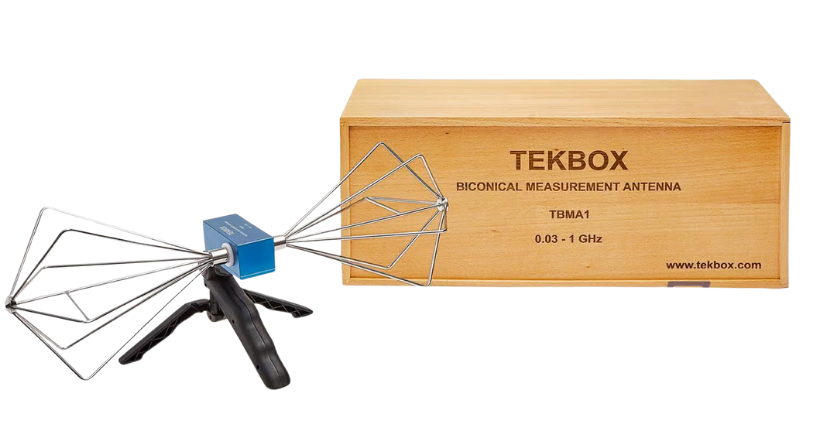

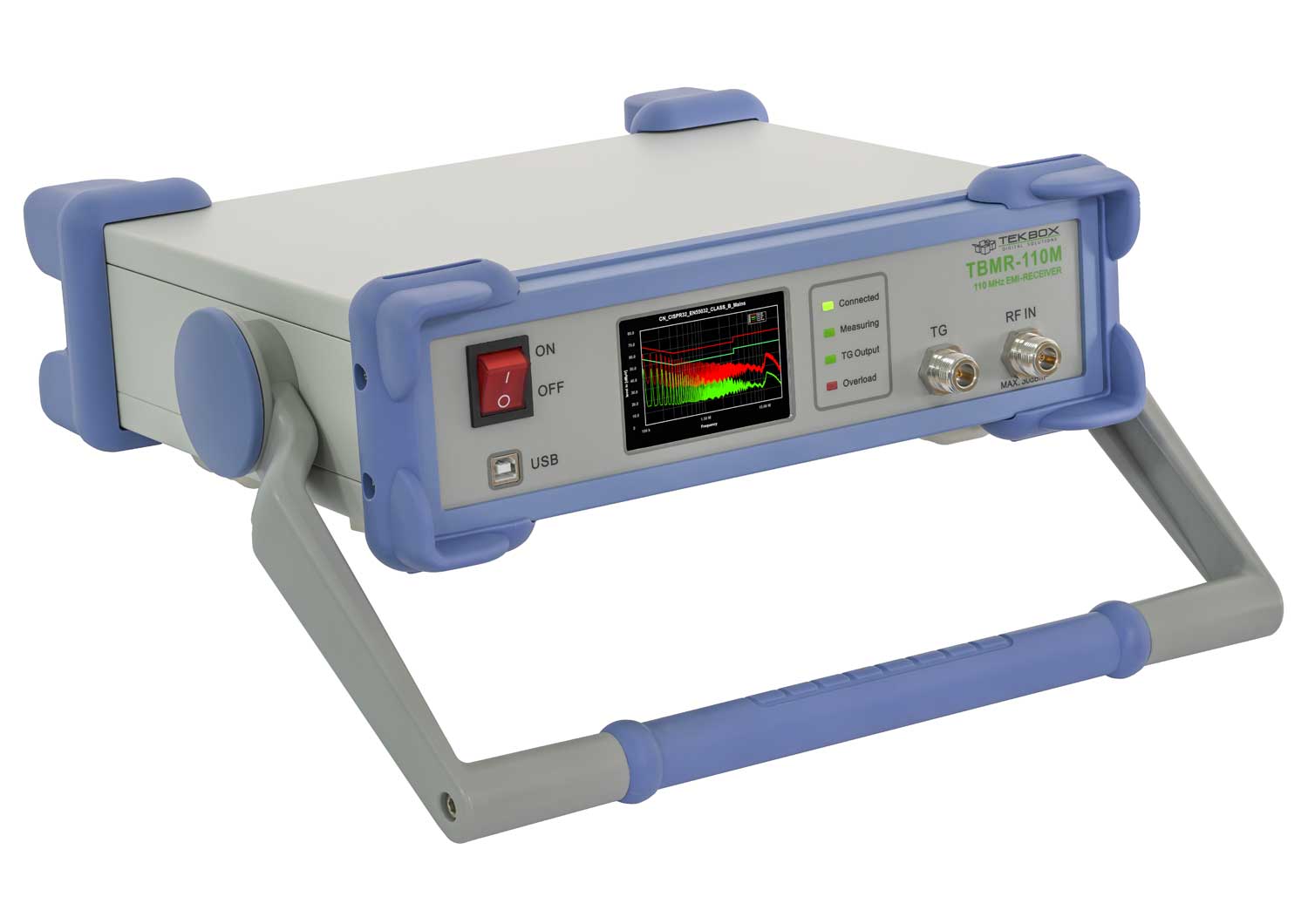
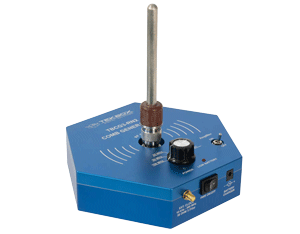





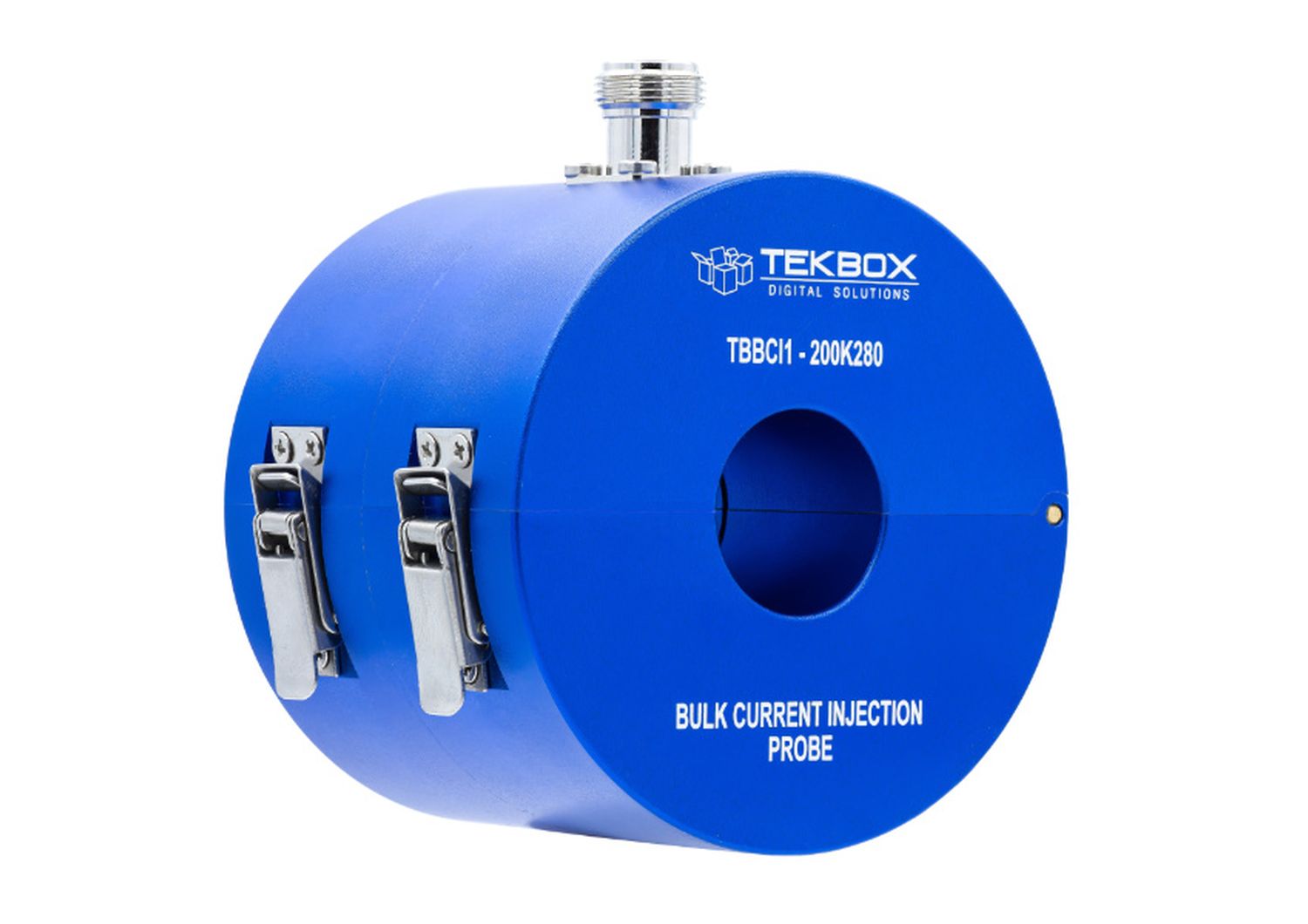


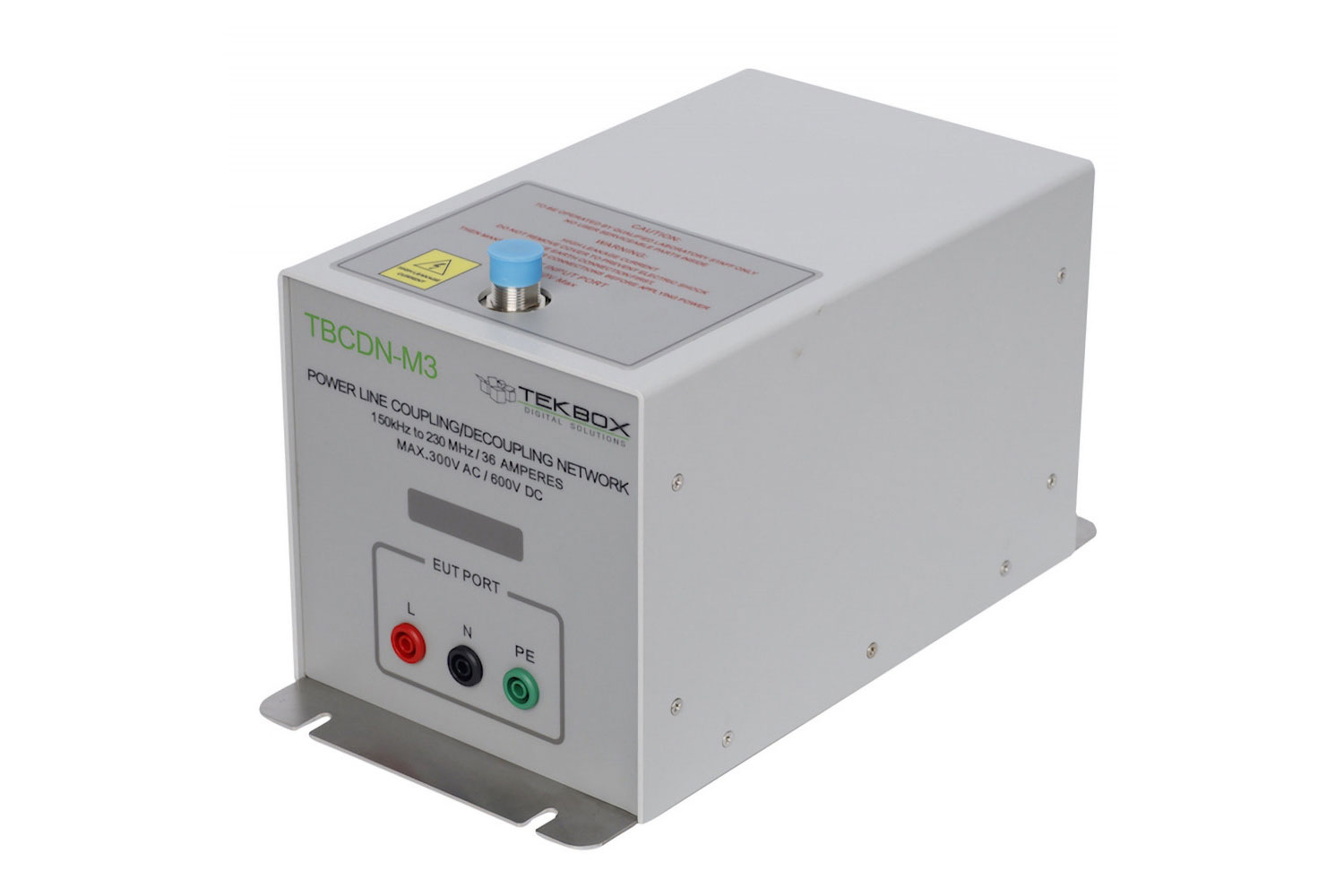
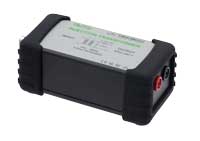

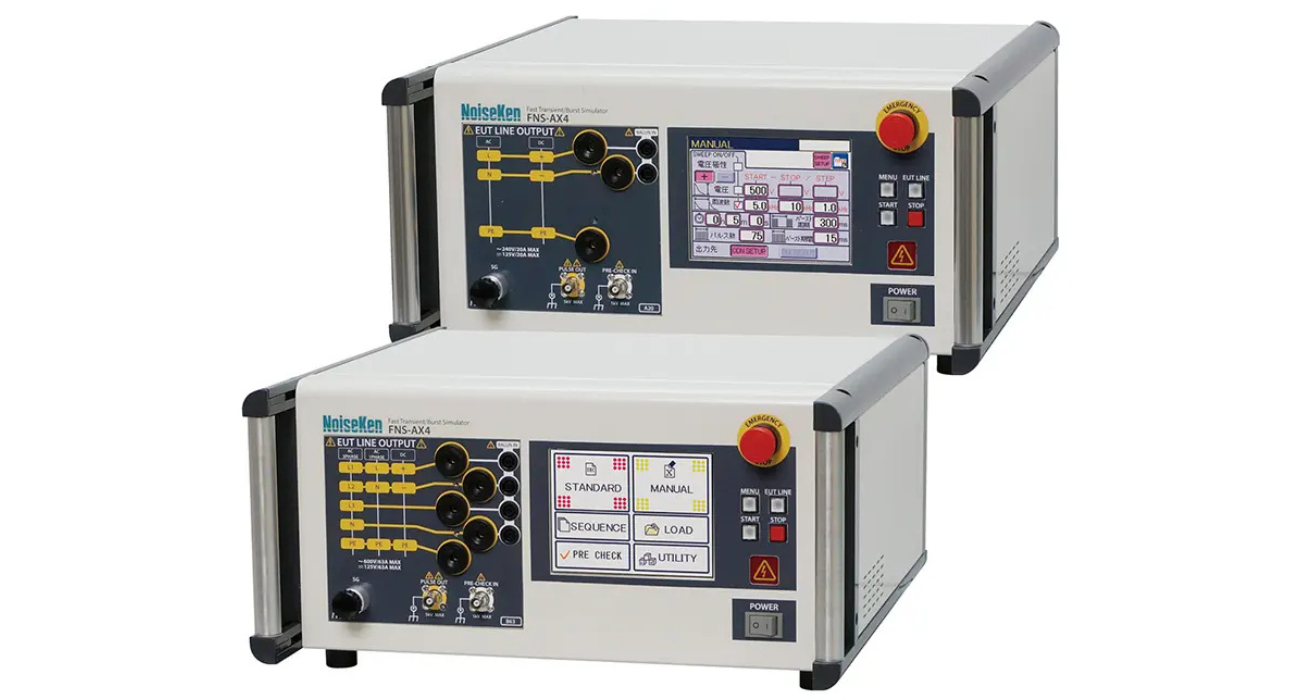
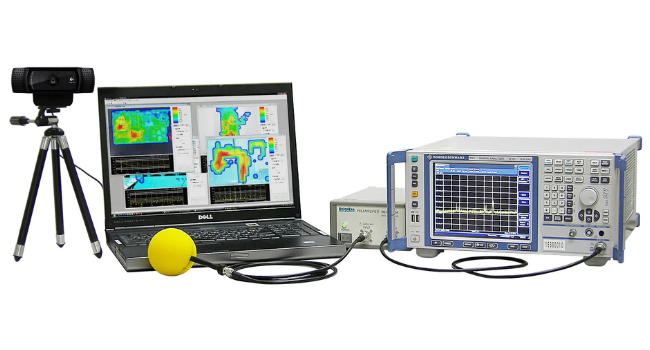
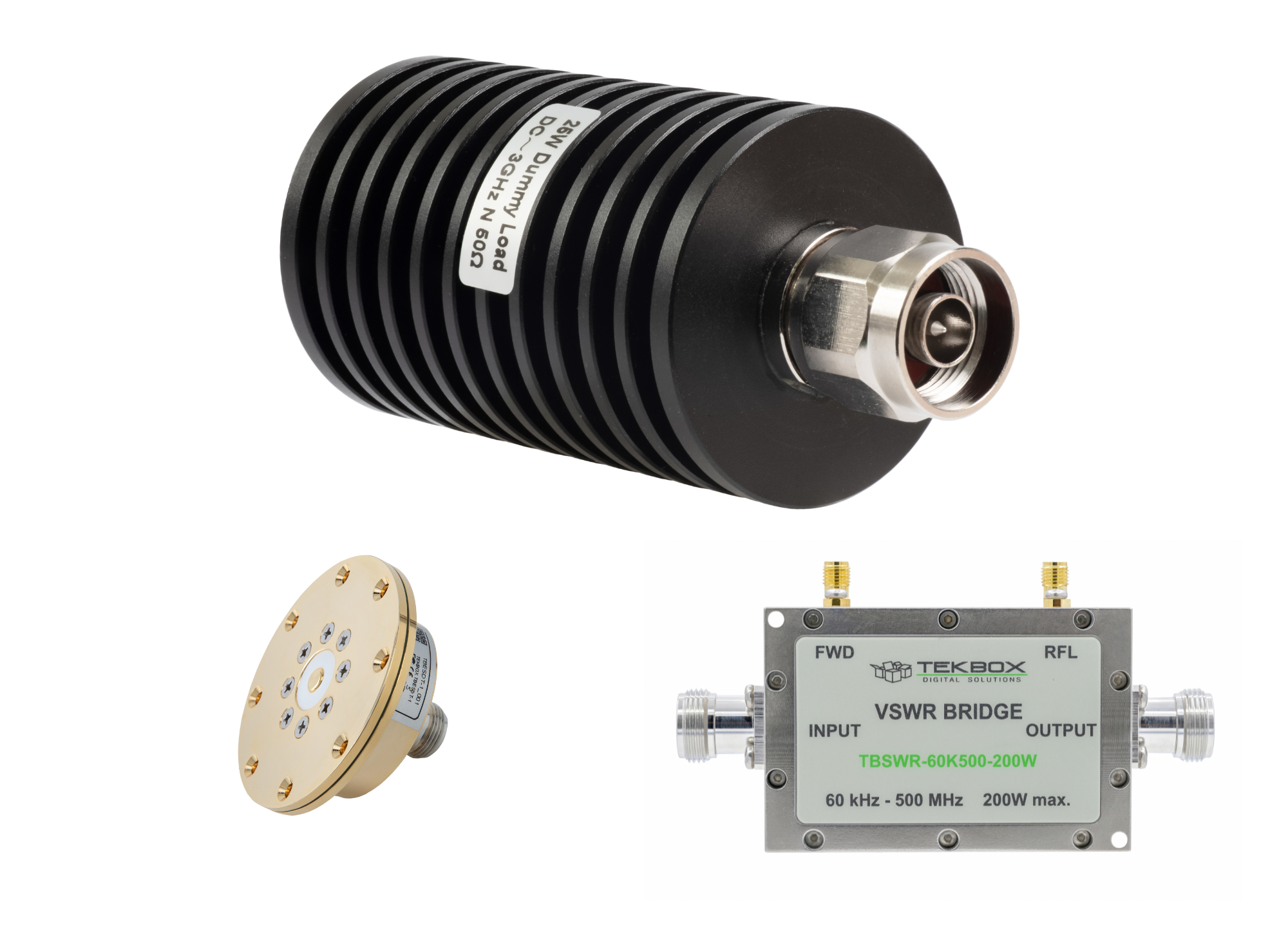

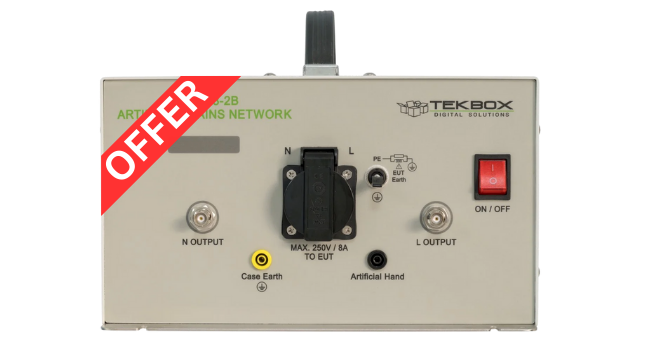





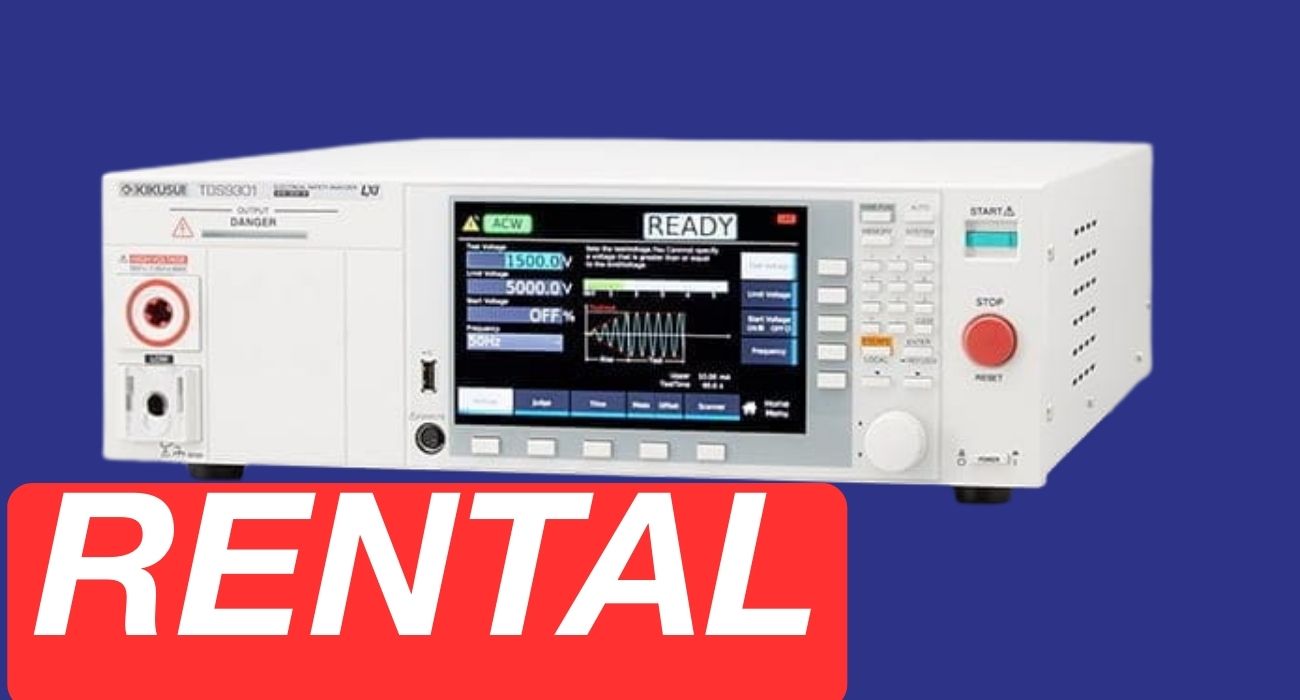
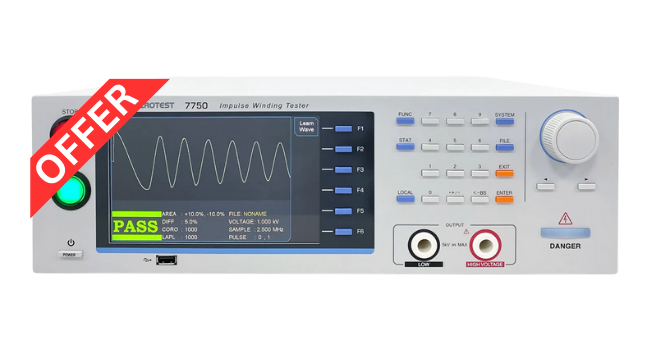



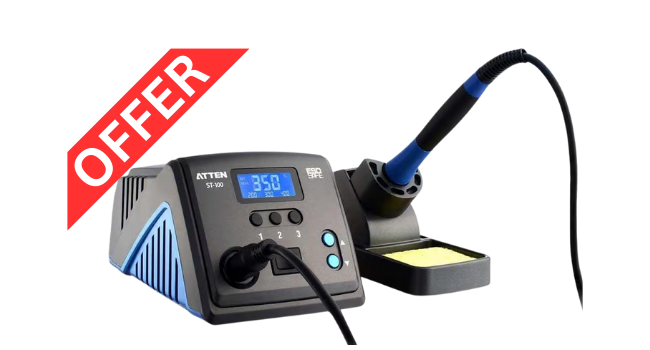







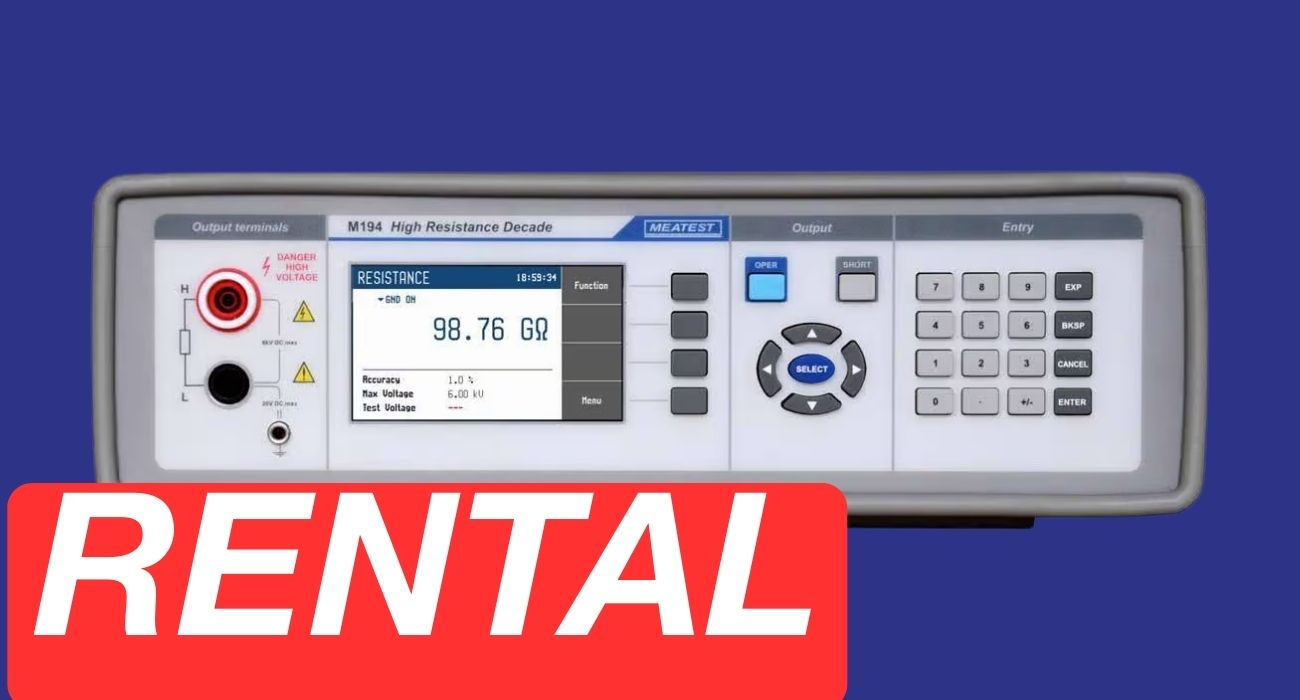
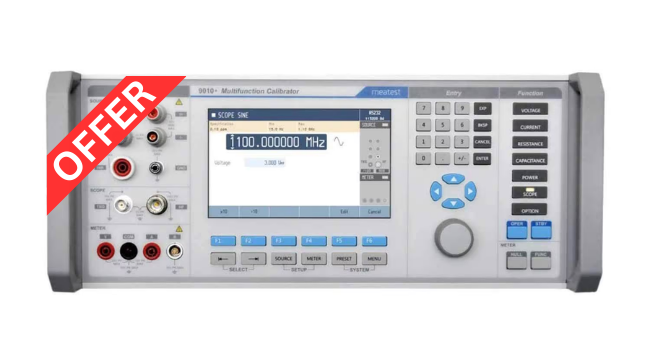
 FREE SHIPPING £75+
FREE SHIPPING £75+
 CELEBRATING 50+ YEARS
CELEBRATING 50+ YEARS
 PRICE MATCH GUARANTEE
PRICE MATCH GUARANTEE
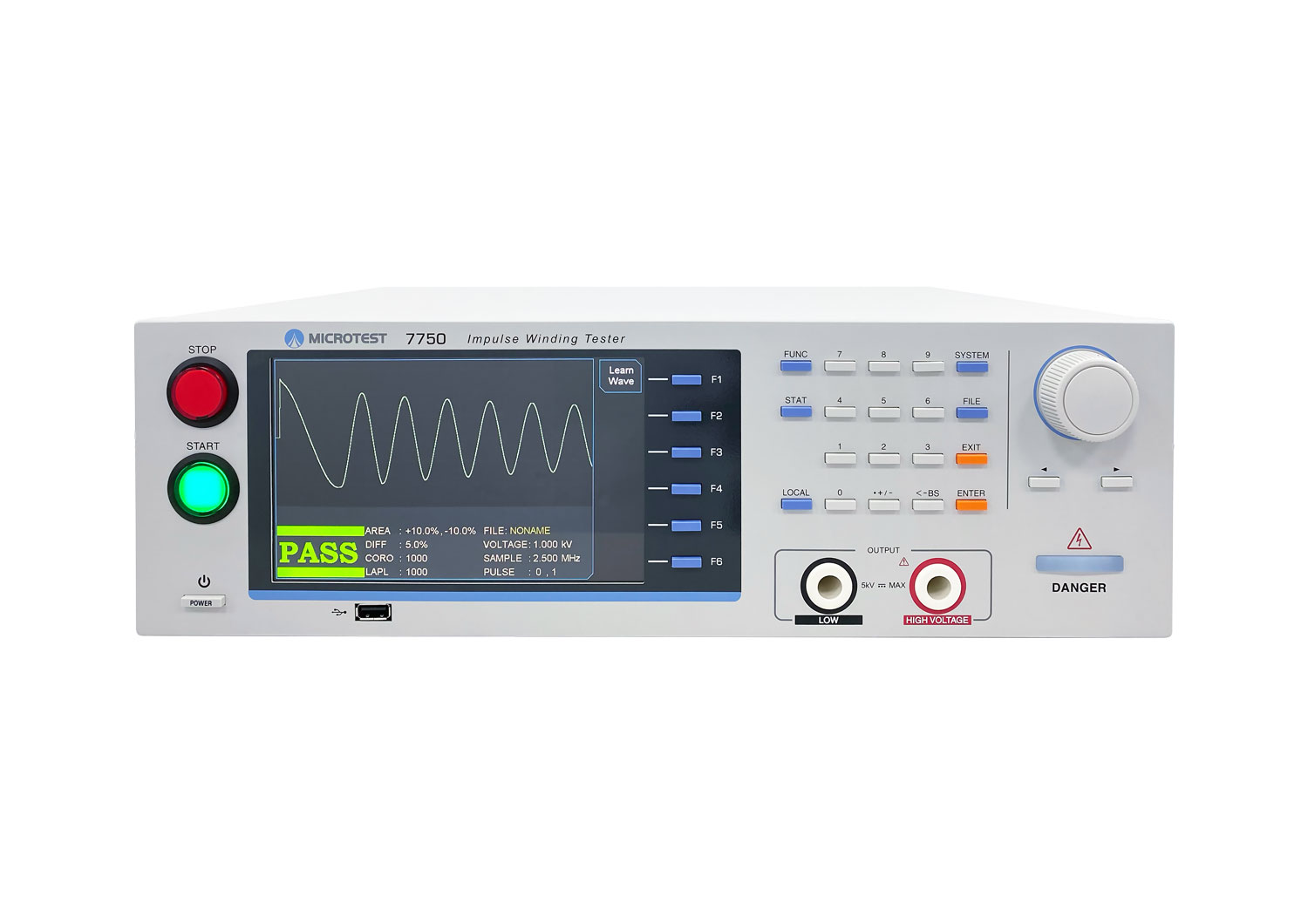
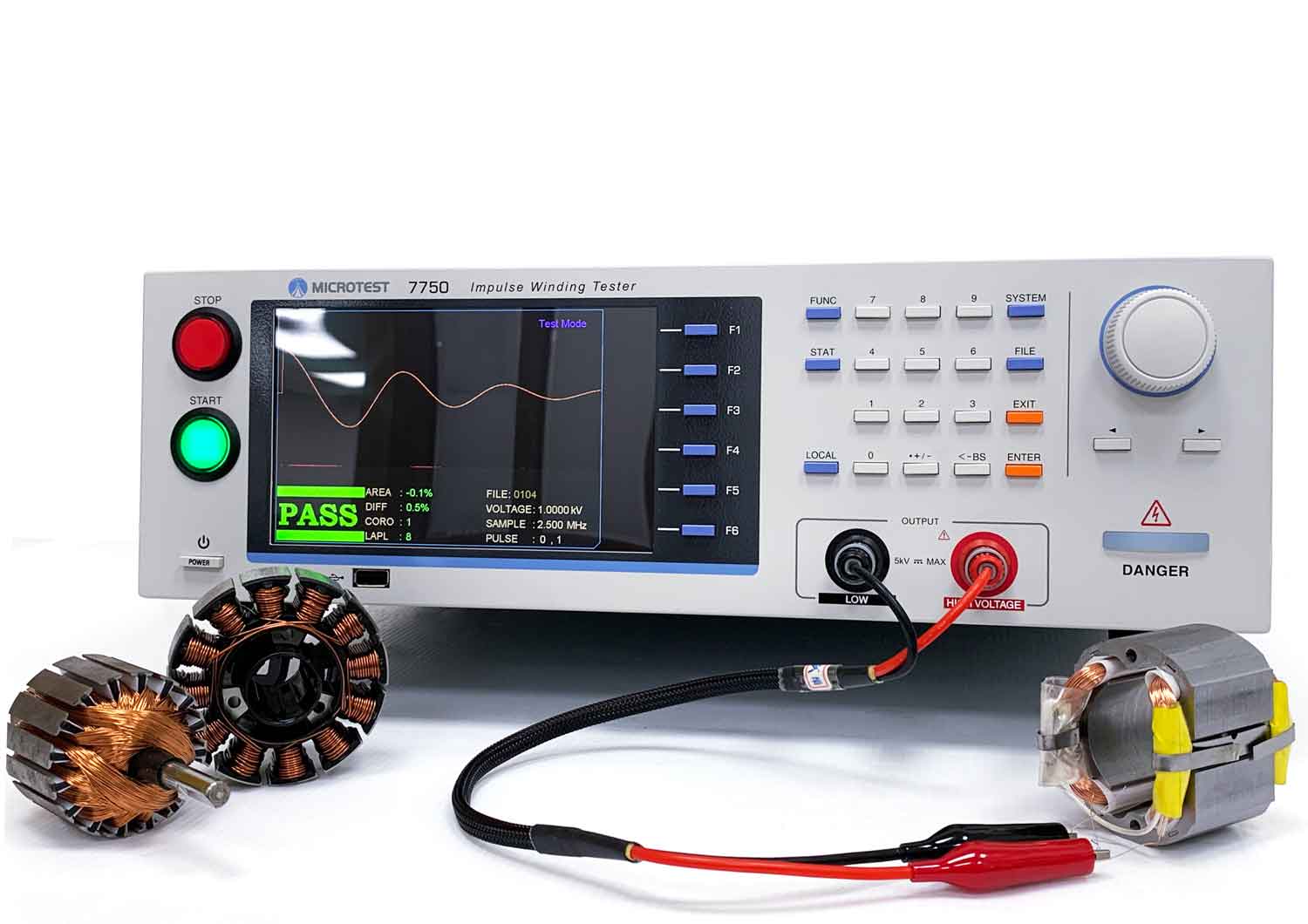
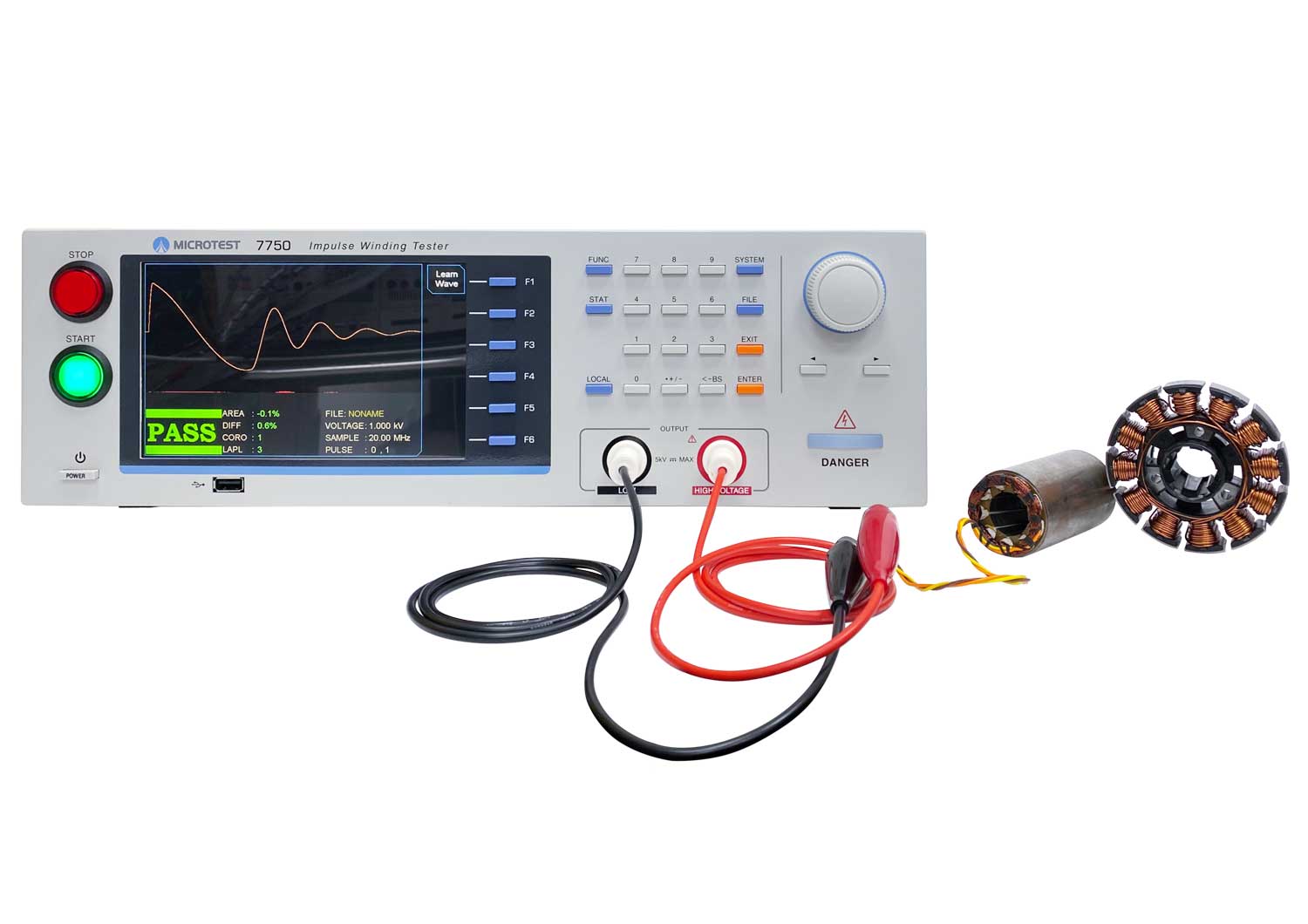
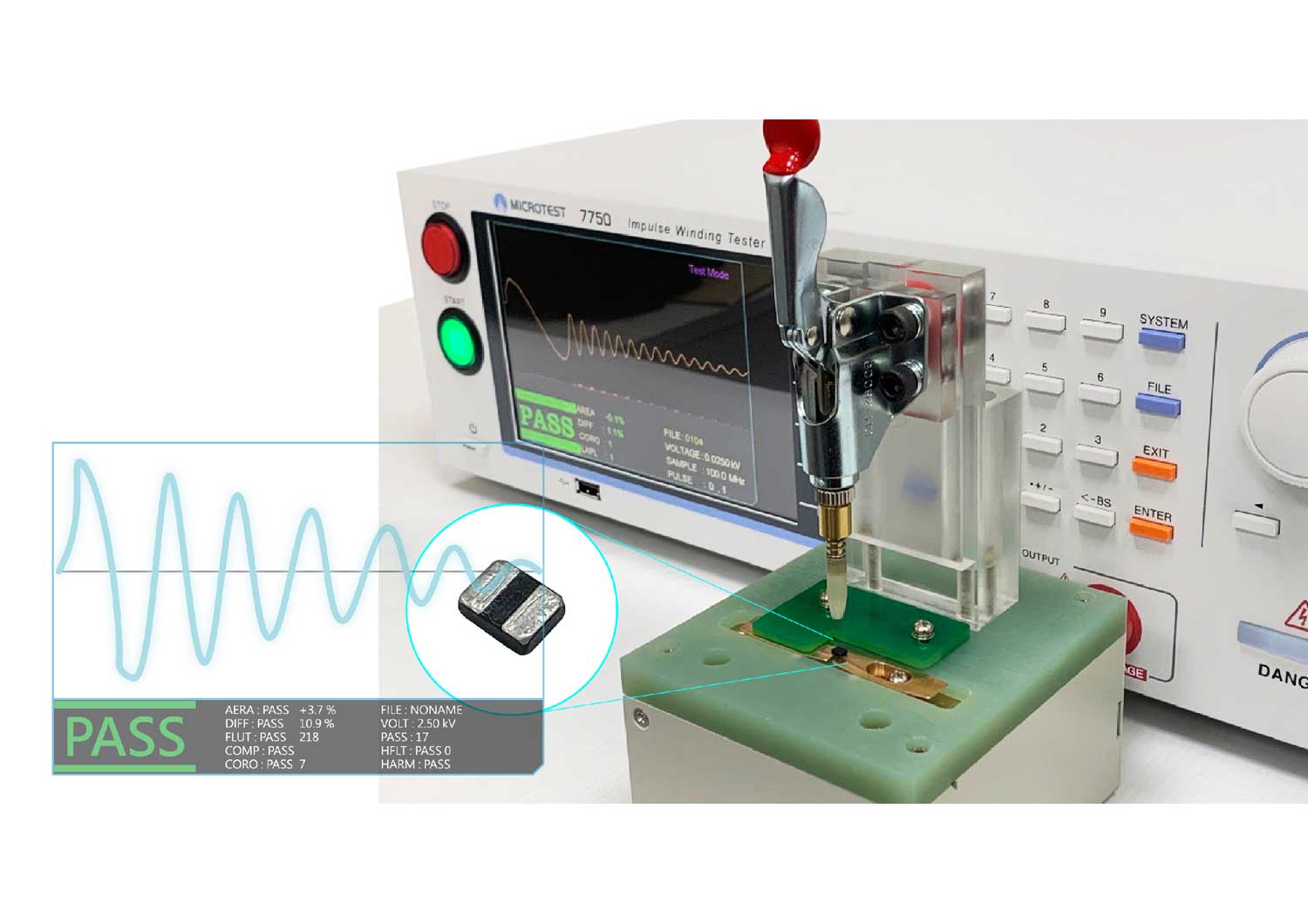
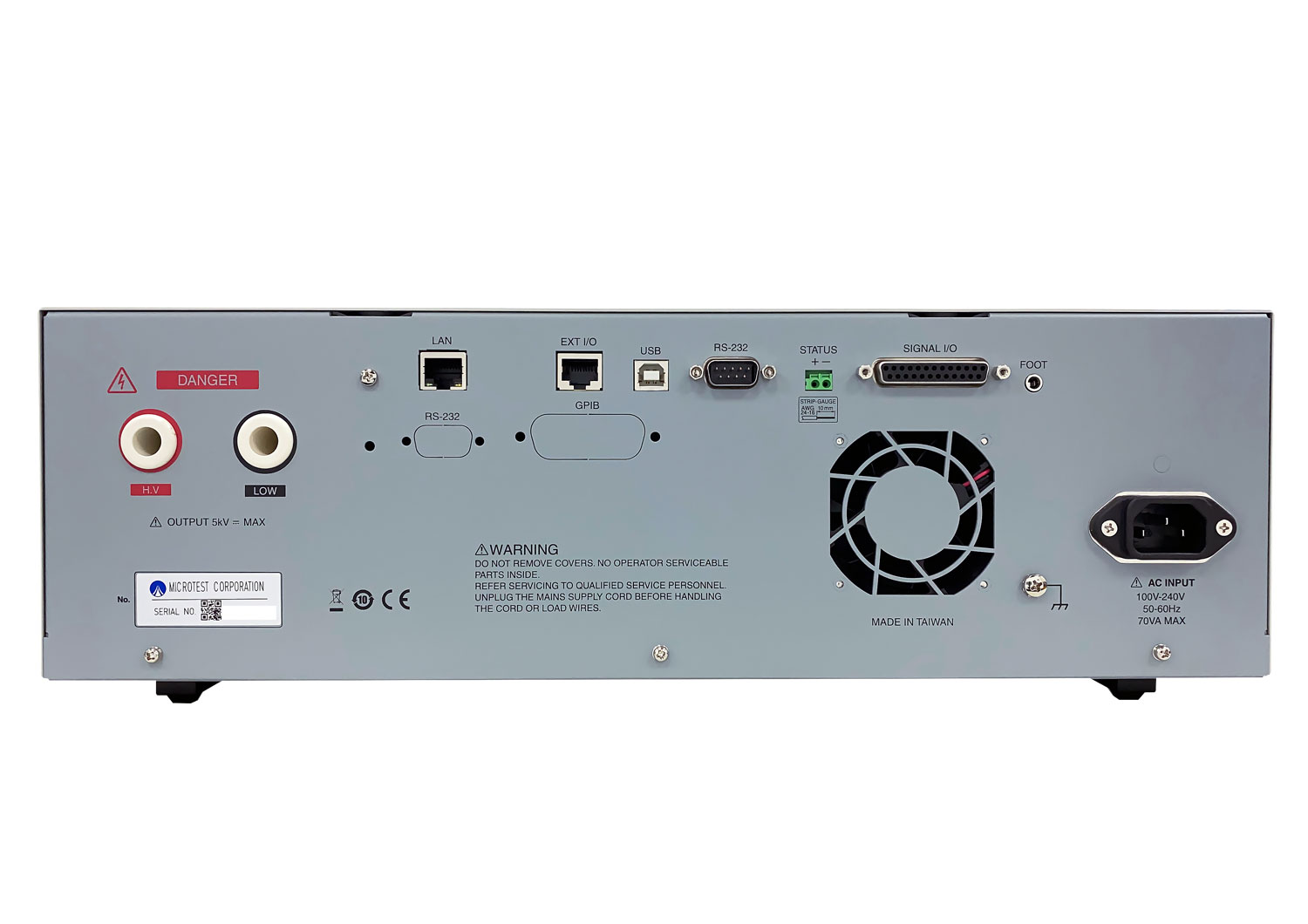
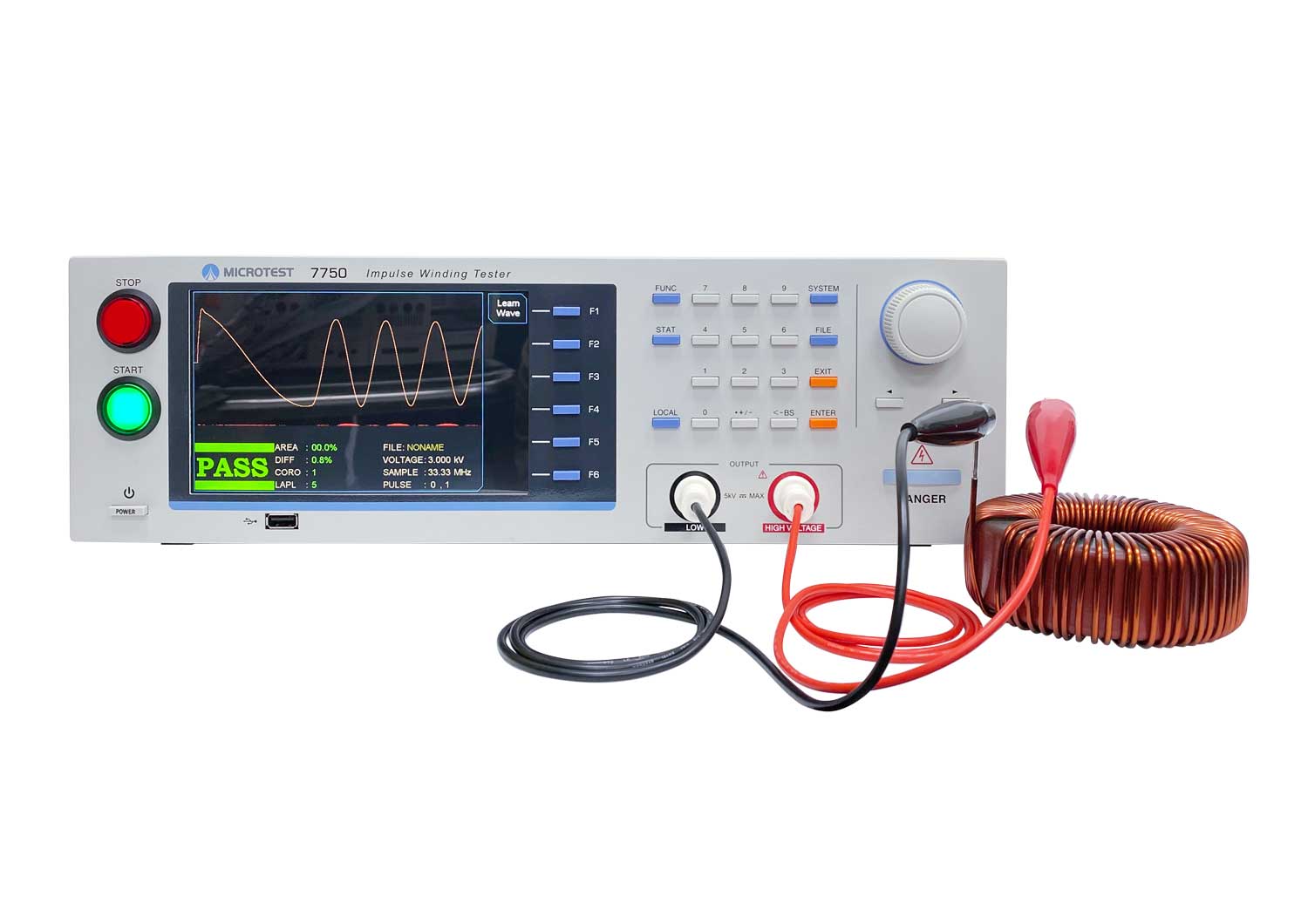


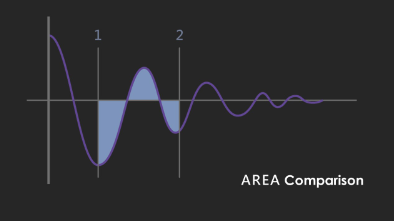
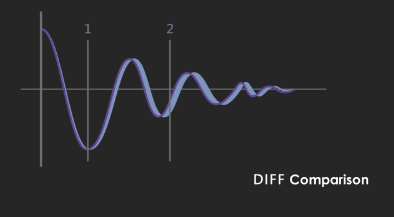
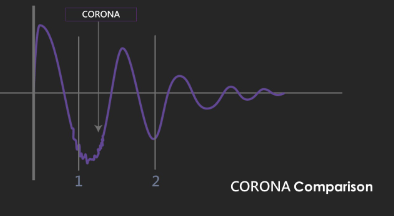
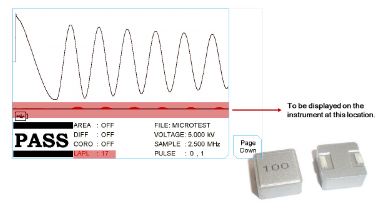
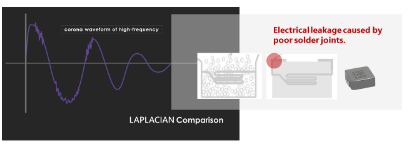




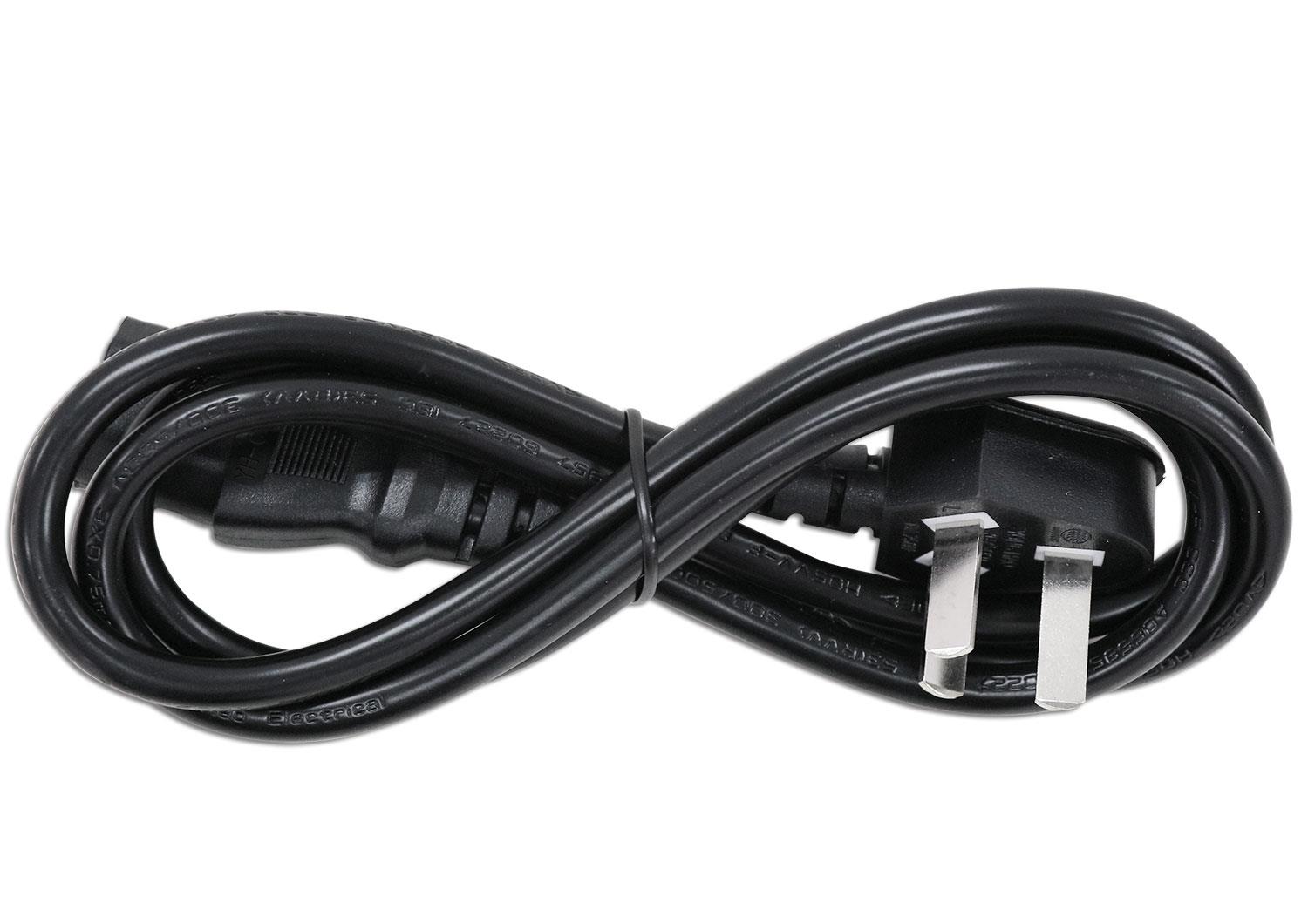
 Microtest Impulse Specification 7750
Microtest Impulse Specification 7750
